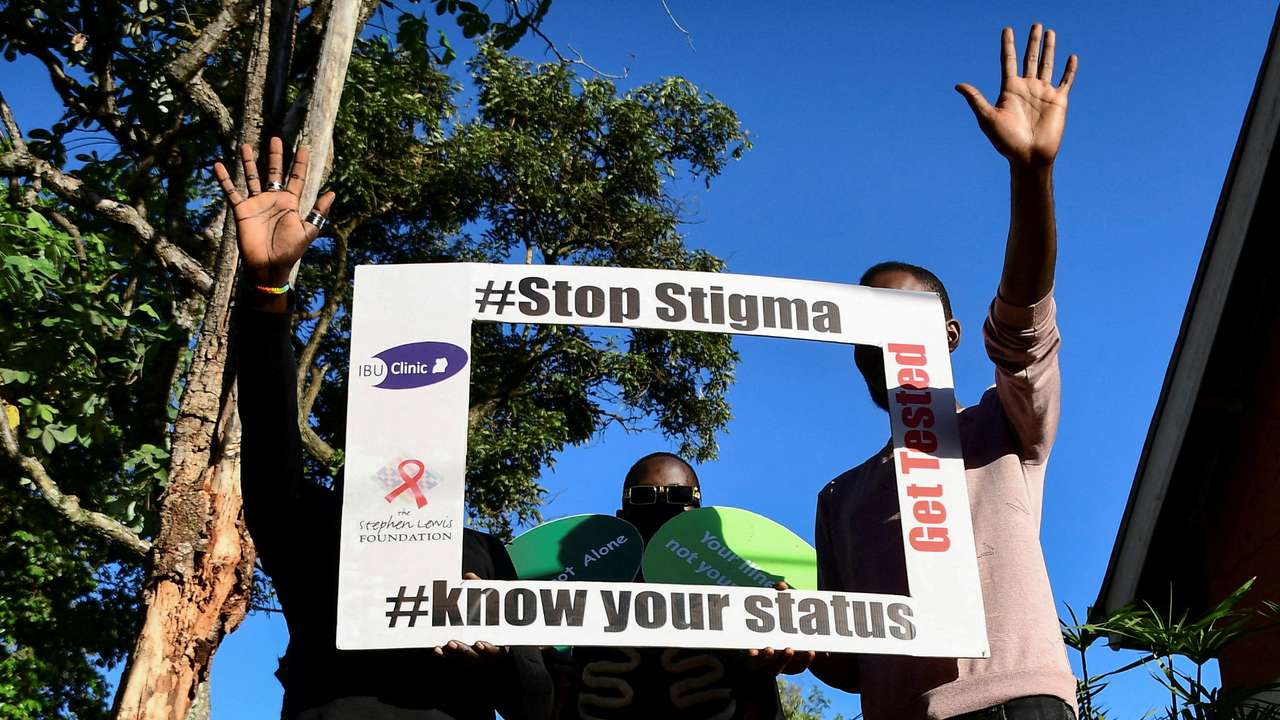Facing the Unseen Threat: HIV Epidemic Surges in the Philippines

In the heart of the Philippines, a silent epidemic is gaining momentum, challenging societal norms and health systems. The country, predominantly known for its deeply rooted religious values, is grappling with a surge in HIV infections, sparking concerns among health officials and international organizations.
Despite less than one percent of the Philippines' population being diagnosed with HIV, the United Nations data paints a concerning picture, labeling it as one of the world's fastest-growing epidemics. At the forefront of the rising numbers are men having sex with men and transgender women, with an alarming increase among teenagers.
Experts attribute the surge to various factors, including poor sex education, conservative societal attitudes, and the influence of online dating and social media platforms. The ease of finding sexual partners through digital means has inadvertently fueled infections over the past decade.
The COVID-19 pandemic and subsequent easing of restrictions have contributed to increased sexual activity, but unfortunately, this has not been met with a proportional rise in condom usage or the use of prophylaxis drugs for infection prevention.
Ignorance about HIV remains a significant hurdle. A 2021 sexual health study revealed that over a third of young Filipinos aged 15 to 24 did not believe that using condoms could reduce the risk of acquiring HIV. Additionally, awareness about HIV and AIDS has dipped to 76 percent among young Filipinos, the lowest level since 1994.
Efforts to address the issue include a family planning law initiated in 2013, which mandates sex education in schools and the distribution of free condoms. However, obstacles persist, such as the requirement for parental permission for those under 18 to receive condoms.
Deep-seated cultural beliefs also contribute to the challenges. The societal stigma associated with sex impedes open discussions about sexual health, leaving many young Filipinos ill-informed.
HIV-positive individuals, especially the youth, face discrimination, leading to depression and, tragically, suicide in some cases. Even those attempting to practice safe sex encounter barriers, such as identification requirements or ridicule when purchasing condoms.
The United Nations Programme on HIV/AIDS (UNAIDS) has set a global goal to end AIDS as a health threat by 2030. However, the Philippines, with its 418 percent increase in new HIV cases from 2010 to 2022, faces a daunting challenge.
With only 63 percent of HIV-positive Filipinos aware of their status and 41 percent on medication, there is a critical need for more testing and treatment centers, particularly in rural areas. Overcoming societal stigmas, fostering open discussions about sex, and intensifying awareness campaigns are crucial steps toward curbing the HIV epidemic in the Philippines.
The journey to destigmatize HIV and empower those affected is a collective responsibility that requires a united front from communities, educational institutions, and healthcare providers.